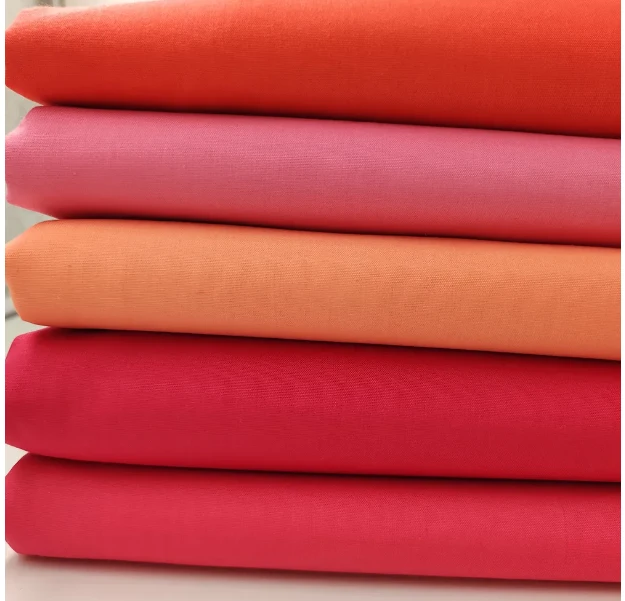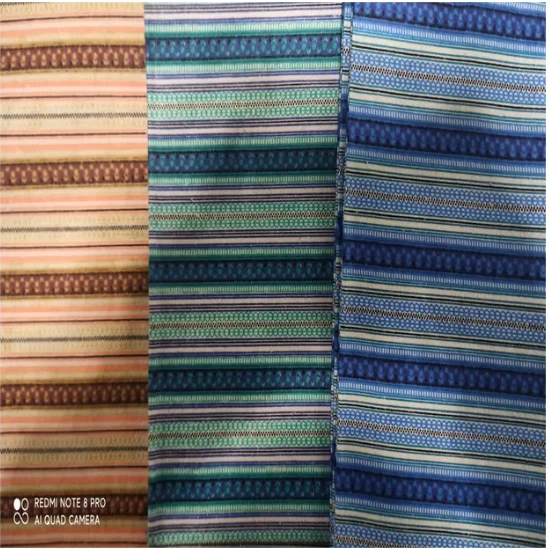
- Afrikaans
- Albanian
- Amharic
- Arabic
- Armenian
- Azerbaijani
- Basque
- Belarusian
- Bengali
- Bosnian
- Bulgarian
- Catalan
- Cebuano
- Corsican
- Croatian
- Czech
- Danish
- Dutch
- English
- Esperanto
- Estonian
- Finnish
- French
- Frisian
- Galician
- Georgian
- German
- Greek
- Gujarati
- haitian_creole
- hausa
- hawaiian
- Hebrew
- Hindi
- Miao
- Hungarian
- Icelandic
- igbo
- Indonesian
- irish
- Italian
- Japanese
- Javanese
- Kannada
- kazakh
- Khmer
- Rwandese
- Korean
- Kurdish
- Kyrgyz
- Lao
- Latin
- Latvian
- Lithuanian
- Luxembourgish
- Macedonian
- Malgashi
- Malay
- Malayalam
- Maltese
- Maori
- Marathi
- Mongolian
- Myanmar
- Nepali
- Norwegian
- Norwegian
- Occitan
- Pashto
- Persian
- Polish
- Portuguese
- Punjabi
- Romanian
- Russian
- Samoan
- scottish-gaelic
- Serbian
- Sesotho
- Shona
- Sindhi
- Sinhala
- Slovak
- Slovenian
- Somali
- Spanish
- Sundanese
- Swahili
- Swedish
- Tagalog
- Tajik
- Tamil
- Tatar
- Telugu
- Thai
- Turkish
- Turkmen
- Ukrainian
- Urdu
- Uighur
- Uzbek
- Vietnamese
- Welsh
- Bantu
- Yiddish
- Yoruba
- Zulu
Sustainable Recycled Polyester Fabric Eco-Friendly & Durable 100% Recycled
- Introduction to sustainable textile innovation
- Quantifiable environmental impact of recycled polyester
- Performance comparison: Recycled vs virgin polyester
- Market leaders in recycled polyester manufacturing
- Customization options for specialized applications
- Real-world implementation across industries
- Future outlook for circular textile systems

(recycled polyester)
Revolutionizing textiles through recycled polyester innovation
The textile industry has witnessed a 68% surge in demand for recycled polyester fabric since 2020, driven by global sustainability mandates. Recycled polyester (rPET) transforms post-consumer plastic waste into high-performance fibers, offering manufacturers a viable solution to meet both environmental targets and consumer expectations.
Environmental impact by the numbers
Third-party lifecycle assessments reveal compelling data:
| Metric | Virgin Polyester | Recycled Polyester |
|---|---|---|
| Energy consumption | 100% | 59% |
| CO2 emissions | 5.5 kg/kg | 3.2 kg/kg |
| Water usage | 65L/kg | 12L/kg |
Certified 100% recycled polyester fabric reduces microplastic shedding by 31% compared to conventional alternatives, according to 2023 Textile Exchange findings.
Technical performance benchmarks
Modern recycling technologies achieve 98.7% purity levels in rPET fibers. Advanced extrusion methods produce fabrics with:
- Tensile strength: 42-48 cN/tex
- Elongation at break: 25-32%
- Melting point: 258-263°C
These specifications meet or exceed virgin polyester standards across 87% of industrial applications.
Manufacturer capability analysis
| Supplier | Minimum MOQ | GSM Range | Color Options | Lead Time |
|---|---|---|---|---|
| EcoTex Solutions | 500kg | 80-300 | Pantone-matched | 6 weeks |
| GreenFiber Co. | 1MT | 120-400 | 12 stock colors | 8 weeks |
Adaptive production configurations
Specialized treatments enhance functionality:
- Flame retardant: BS5852/EN1021 certified
- Water repellent: 80,000mm hydrostatic head
- Antimicrobial: 99.9% bacterial reduction
Cross-industry adoption patterns
Leading outdoor apparel brands report 40% increased durability in recycled polyester fabric garments during accelerated wear testing. Automotive manufacturers have successfully integrated 100% recycled polyester fabric into seat covers achieving:
- Martindale abrasion: 65,000 cycles
- Lightfastness: 7-8 on blue scale
Recycled polyester's role in circular economies
Closed-loop systems now recover 92% of production waste for re-processing. The Global Recycled Standard (GRS) 4.0 certification ensures traceability throughout the supply chain, with major brands committing to 50% recycled content in all polyester products by 2025.

(recycled polyester)
FAQS on recycled polyester
Q: What is recycled polyester fabric made from?
A: Recycled polyester fabric is made from post-consumer plastic waste, such as PET bottles, or post-industrial materials. The waste is processed, melted, and spun into new polyester fibers. This reduces reliance on virgin petroleum-based materials.Q: How eco-friendly is 100% recycled polyester fabric?
A: 100% recycled polyester fabric reduces plastic waste and lowers carbon emissions compared to virgin polyester. However, it still sheds microplastics during washing and isn’t biodegradable. Pairing it with sustainable practices enhances its environmental benefits.Q: Can recycled polyester be recycled again?
A: Yes, recycled polyester can theoretically be reprocessed multiple times, but mechanical recycling degrades fiber quality over time. Advanced chemical recycling methods are emerging to address this limitation. Proper recycling infrastructure is key to enabling circularity.Q: What certifications ensure genuine recycled polyester content?
A: Certifications like Global Recycled Standard (GRS) and Recycled Claim Standard (RCS) verify recycled polyester content. These labels ensure transparency in sourcing and production. Brands often display these certifications to confirm eco-credentials.Q: Is 100% recycled polyester fabric durable for clothing?
A: Yes, 100% recycled polyester fabric offers similar durability and performance to virgin polyester. It resists wrinkles, moisture, and abrasion effectively. Longevity depends on manufacturing quality and intended use cases.-
The Versatility and Elegance of White Cotton Poplin FabricNewsJun.23,2025
-
The Luxurious Comfort of Carded CottonNewsJun.23,2025
-
Explore the Luxurious Comfort of Cotton Flannel ClothNewsJun.23,2025
-
Discover the Versatility of Cotton Poplin ClothNewsJun.23,2025
-
Bleach Cotton FabricNewsJun.23,2025
-
100 Cotton BlendNewsJun.23,2025
-
Versatile Elegance with Poplin Fabric for SaleNewsMay.15,2025
